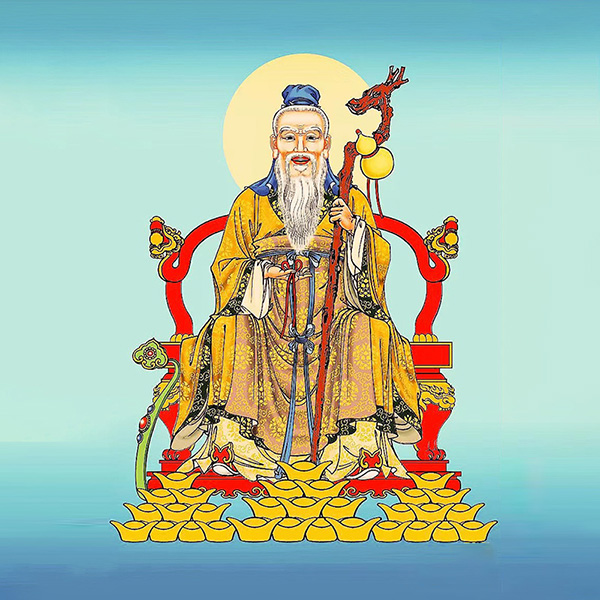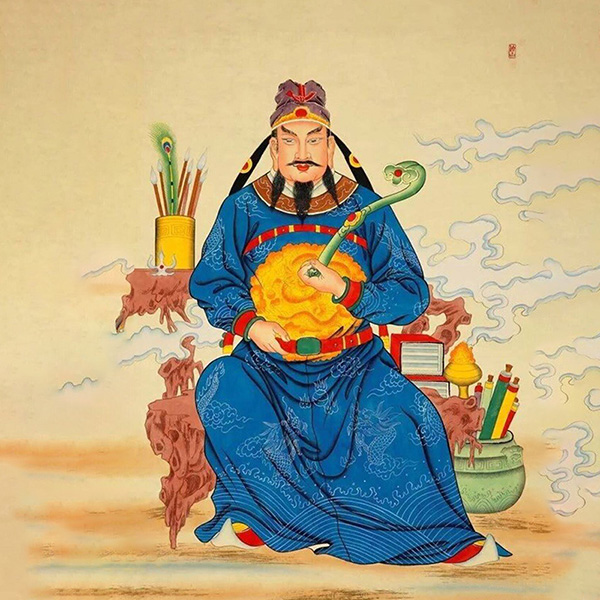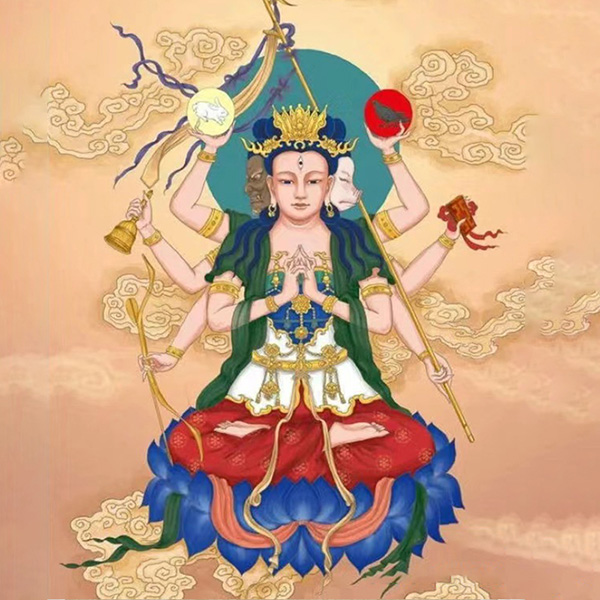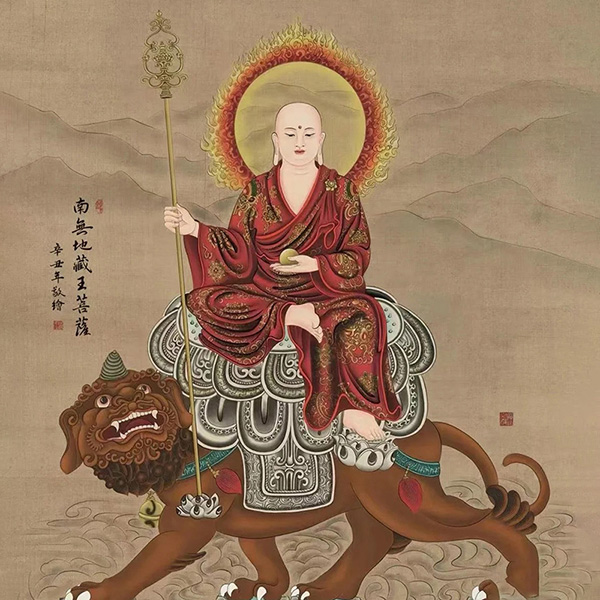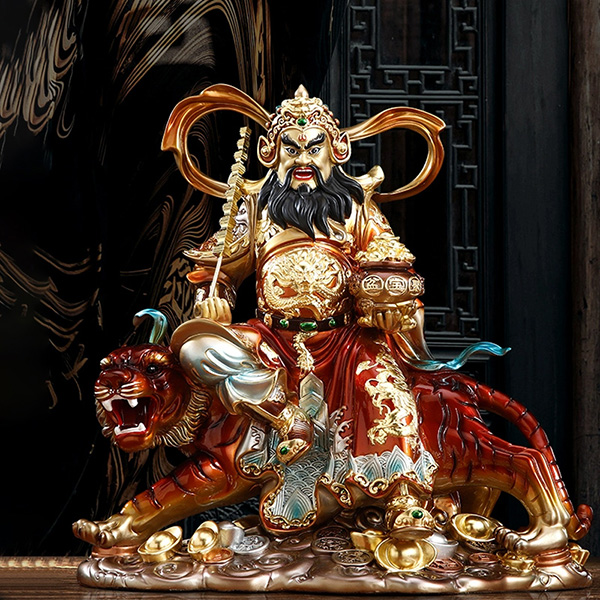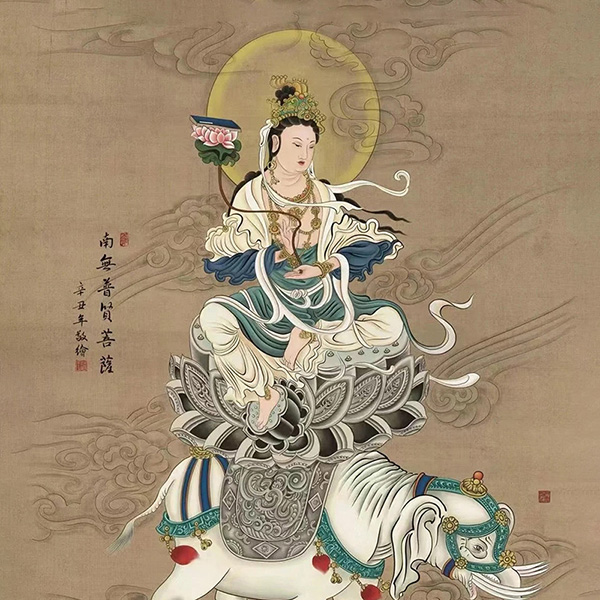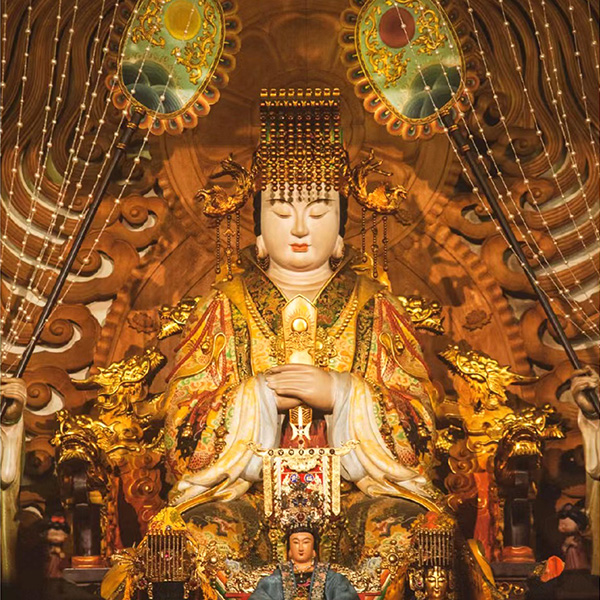
Mazu, also known as Tianfei, Tianhou, or Empress of Heaven, is one of the most revered deities in Chinese culture. She is the patron saint of sailors, fishermen, and those who make their living on the sea.
Origin and Legend
Mazu was born in 960 AD in Meizhou Bay, Putian, Fujian Province. Her real name was Lin Moniang. From a young age, she showed extraordinary kindness and wisdom. She was known for her ability to predict storms and save fishermen from danger.
According to legend, Lin Moniang had many miraculous powers. She could control the wind and waves, heal the sick, and rescue those in distress. One day, while out at sea with her father and brothers, a violent storm arose. Lin Moniang calmly prayed to the heavens and miraculously calmed the storm, saving the lives of her family and many others on board.
After her death, people began to worship her as a goddess. Her reputation spread quickly, and soon temples dedicated to her were built along the coasts of China and other countries in Southeast Asia.
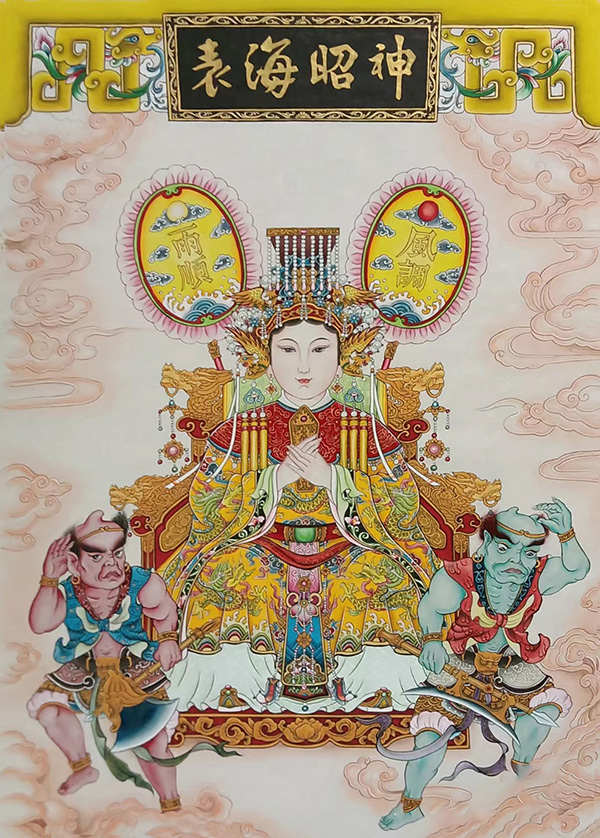
Cultural Significance
Mazu is not only a religious figure but also an important cultural symbol. She represents the courage, kindness, and perseverance of the Chinese people. Her legend has inspired countless works of art, literature, and music.
Mazu temples are not only places of worship but also centers of cultural activities. They host festivals, ceremonies, and performances that celebrate Mazu’s life and deeds. These events bring people together and strengthen the sense of community.
Influence Abroad
Mazu’s influence has spread far beyond China. She is worshipped by people in Taiwan, Hong Kong, Macau, and many countries in Southeast Asia. In these places, Mazu temples are important landmarks and tourist attractions.
The worship of Mazu has also played an important role in promoting cultural exchanges between China and other countries. Through Mazu’s legend and worship, people from different cultures can learn about Chinese history, culture, and values.
Conclusion
Mazu is a beloved goddess who has inspired generations of people. Her legend and worship continue to thrive today, reminding us of the power of kindness, courage, and faith. Whether on land or at sea, Mazu is always there to protect and guide us.
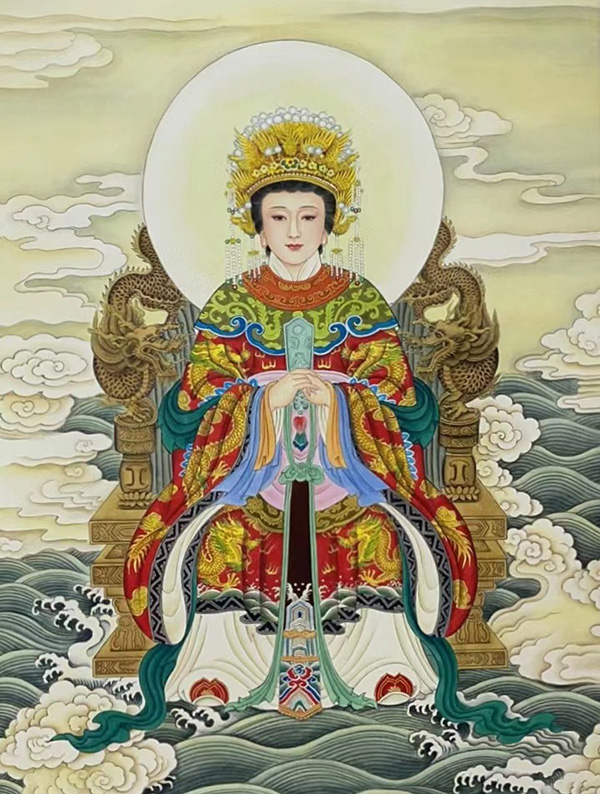
The Status of Mazu in Taoism
Mazu, also known as Tianhou Shengmu (Empress of Heaven), holds a significant position in Taoism.
In the pantheon of Taoist deities, Mazu is regarded as a powerful goddess who protects sailors, fishermen, and those who make their living on the sea. She is seen as a benevolent and compassionate figure, always ready to come to the aid of those in distress.
Mazu is often associated with the element of water, which is considered a powerful force in Taoism. Water represents flexibility, adaptability, and the ability to flow with the natural rhythm of life. Mazu’s connection with water symbolizes her power to calm the storms and bring safety and prosperity to those who venture out on the seas.
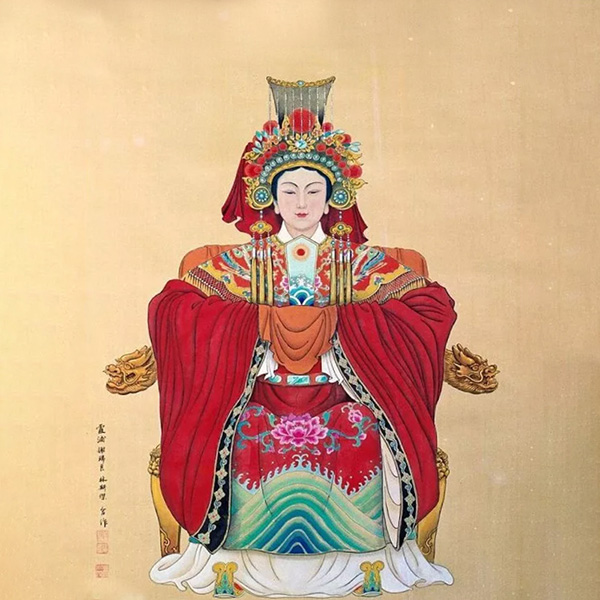
Taoist temples dedicated to Mazu are found in many coastal areas and islands. These temples serve as places of worship and pilgrimage, where people come to offer prayers and seek blessings from the goddess. The rituals and ceremonies performed in these temples are an important part of Taoist religious practice.
Mazu’s status in Taoism is also reflected in her titles and honors. She is often referred to as a “divine empress” or a “saintly mother,” indicating her high rank and spiritual authority. Her powers are believed to extend beyond the realm of the sea, and she is sometimes invoked for protection and guidance in other aspects of life as well.
In conclusion, Mazu holds a prominent position in Taoism as a goddess of the sea and a symbol of compassion and protection. Her influence is felt not only among those who make their living on the water but also in the broader religious and cultural landscape of China and other countries where her worship is prevalent.
